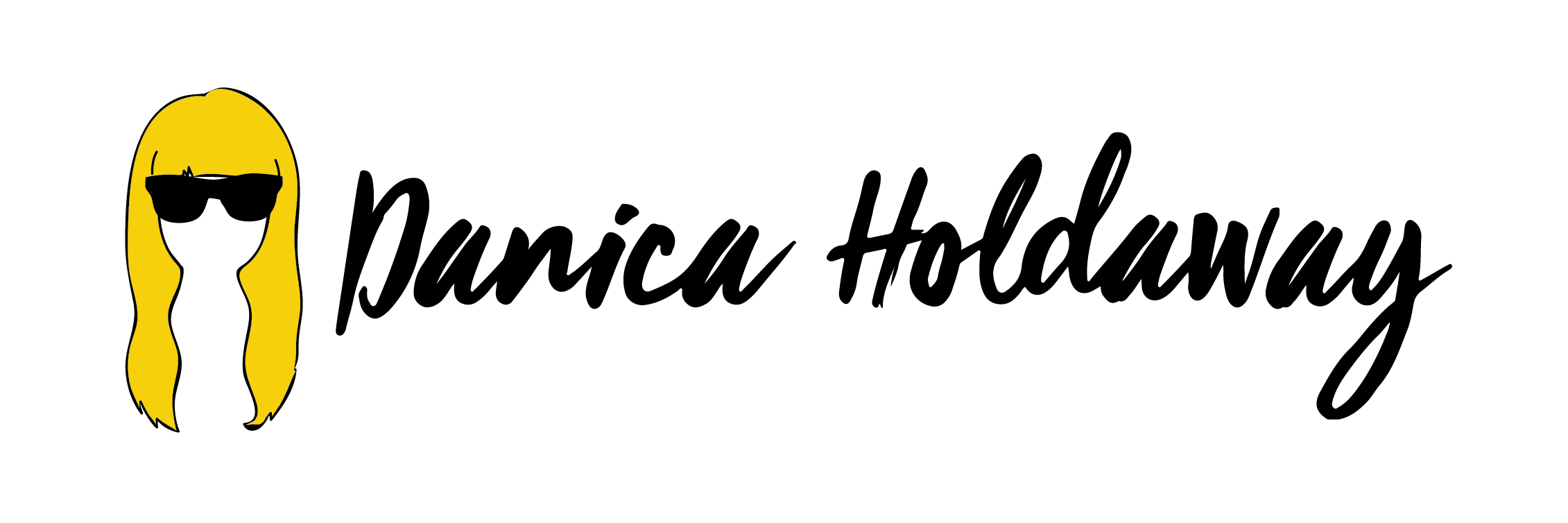I just want to know things.
I think I am a lifelong learner. From a young age I was running my mouth, asking questions both pertinent and impertinent, and trying to steal a seat at every table. The world seemed so big and so interesting. I just wanted to know it all.
To this day I skate the spectrum from nosy to politely interested. Forever insatiable, I read books and listen to podcasts and deep dive into rabbit holes and want to discuss it all.
But there’s a reason this particular value isn’t “knowledge.” Although I do love and value knowledge, at some point I realized knowledge wasn’t the driving force. Alone, it makes you an encyclopedia. Who wants to read an encyclopedia? Just me in 3rd grade. Boring.
No, no. It was CURIOSITY that really drew me in.
I remember the first wave of my precocious curiosity—where knowing more would make me smarter, more connected, less confused. She was reading books and relentlessly asking “Why?”to the exhausted adults around me.
My second wave bloomed in secondary school, where my science teachers explained the “how” we’ve uncovered through the hard-won discoveries of geniuses through the ages, following the sparks of curiosity they encountered. My beloved English teachers nurtured in me the art of asking questions, going beyond the “why” to the more elevated “what if?” and “so then?”At this point, I think I absorbed the idea that accumulation of facts doesn’t make you smart—it’s the type of questions you ask. It’s stoking your curiosity to take you a step further than what is presented to you.
My third wave was exciting and destabilizing, unfolding along with the final stages of my prefrontal cortex construction. University-level history courses, the open field of adult agency, falling in love with your opposite, and exposure to far more of the world disabused me of the notion that there is ultimate truth and some level of finite knowledge I could accumulate. I kept bumping up against answers that were decapitated Hydra, only more questions popping up at each turn.
As I taught junior high social studies and Young Women Sunday school, as I developed more diverse friendships and joined the cult of motherhood, I truly cultivated the skill for and love of good questions. Don’t ask me a yes/no. Ask me a “what is the best way to…” or “How do you feel about…” or “If {insert something} was {different in some specific way} what do you think…” No more canned answers. No more right/wrong.
Embracing the gray provided so much relief in areas where I could not seem to grab onto a sure foothold (like in parenting, marriage, binary politics). But it also lead to a complete collapse of my lifelong faith. The unmooring happened the way John Green describes love and falling asleep: “slowly, and then all at once.”
The waves of my curiosity built and built, at times exultant and at times devastating, but always, ALWAYS transformative. Washing me up on this shore of my fourth wave curiosity: where the answers are less important than the friends we made along the way, or whatever the hell the saying is.
Curiosity is the art of seeking. It is valuing the pursuit, the question, the vulnerability of saying “I don’t know.” and “Tell me more.”
It’s playful and generous, embracing relativism as a gift rather than a weakness. It’s a place of deep humility and learning to shut TF up just a little bit more, so that my brain can make space for things I don’t know.
I have very little patience for certainty these days. Of course I want to KNOW that my plane will fly and my medicine is dosed correctly and that I turned my straightener off. But you can’t KNOW that your chosen political candidate is going to change the world or what will happen after we die or when Taylor will release Reputation (Taylor’s Version). We can’t even be certain of the chance of ra-iiiiii-aaaaaaaiiiiin on ya wedding dayyyyyyy. Alanis knew.
There is truly so little of which we can be certain. And curiosity is what turns that into a rich opportunity for learning and connection, rather than a source of fear as we dangle over the abyss.
Curiosity means compassion when you try to see their side after they do something you don’t like.
Curiosity means critical thinking when you pause to process a clickbaity headline that gets shared with impunity.
Curiosity means security when you allow mountains to shrink back into the molehills they really are (before you embarrass yourself with incorrect certainty).
Curiosity means connection when you stop to wonder “Is this different for other people?Could the impact be better/worse for someone in a different situation? Is something true for me, but false for another?”
In curiosity, you may not always find certainty. But you will find space. Space to grow and learn and create and love and expand beyond the constricting and impossible boundaries of a black-and-white worldview.
I LOVE to learn about bad people and good people who get stuck in bad situations. Crime, cults, extremism, toxic relationships, scams, and schemes. After unofficial study for decades, do you know what the most powerful antidote, prevention, and coping mechanism for all of them boils down to?
Curiosity. It is only through the thoughtful questions and humble seeking that we can keep our minds both soft and sharp, open and protected, and most importantly—safely, deeply our own.

2 thoughts on “On Curiosity”
LOVE this! Straight chills.
I love this post and am in total agreement. I love wondering about things and learning about things. Sometimes it’s a quick Google search. Sometimes it’s a deep dive. I struggle so badly with “sides,” and politics because everything is just so gray to me. I have found I’m only black and white on two or three topics, and even then, I can understand why others think the way they do. Anyway. Love this. Thanks for being you.